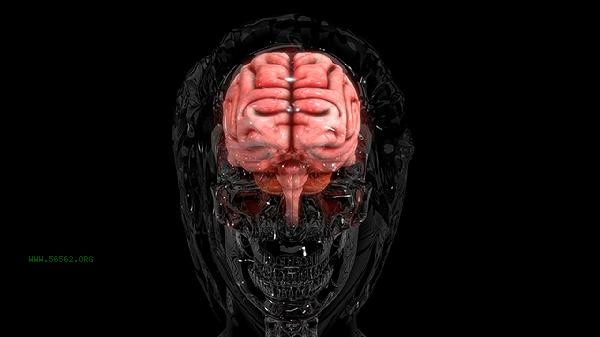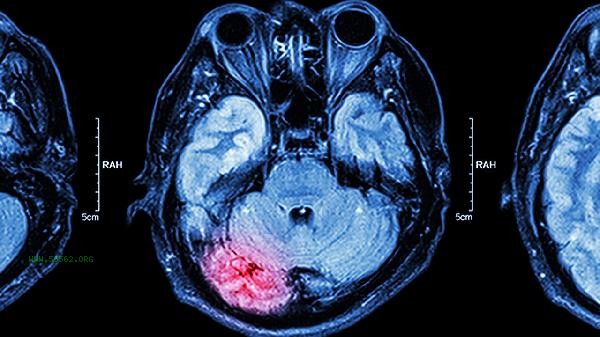The energy consumption level of mental and physical labor needs to be determined based on the specific activity intensity. High intensity physical labor usually consumes more energy than ordinary mental labor, but sustained high-intensity mental activity may also lead to significant energy consumption.

Physical labor such as carrying heavy objects, long-term outdoor work, etc., due to the significant movement of muscle groups, will directly increase basal metabolic rate, and energy consumption per unit time is significantly higher than static activity. This type of labor may increase heart rate, respiratory rate, glycogen breakdown rate, and consume a large amount of calories in the short term. People engaged in such work should pay attention to supplementing carbohydrates and electrolytes to avoid hypoglycemia or dehydration.

Mental labor such as programming, mathematical calculations, creative writing, etc. may not involve significant physical movements, but the brain, as a high energy consuming organ, continuously focusing attention can lead to an increased demand for glucose metabolism. Research shows that during deep thinking, brain blood flow can increase, and some individuals may experience fluctuations in heart rate or elevated body temperature. Long term high-pressure mental workers may experience changes in cortisol levels that affect metabolic efficiency and indirectly increase energy demand. This group of people needs to regularly consume foods rich in unsaturated fatty acids such as nuts and deep-sea fish to support their neurological function. Whether it is mental or physical labor, there are significant individual differences in energy consumption, which are related to factors such as work environment, duration, and personal physique. It is recommended to adjust the dietary structure according to actual feelings. Physical laborers can increase the proportion of staple foods and protein appropriately, while mental laborers need to pay attention to the intake of vitamin B and antioxidant substances. Maintaining sufficient sleep and moderate exercise can help optimize energy metabolism efficiency and avoid excessive fatigue.









Comments (0)
Leave a Comment
No comments yet
Be the first to share your thoughts!